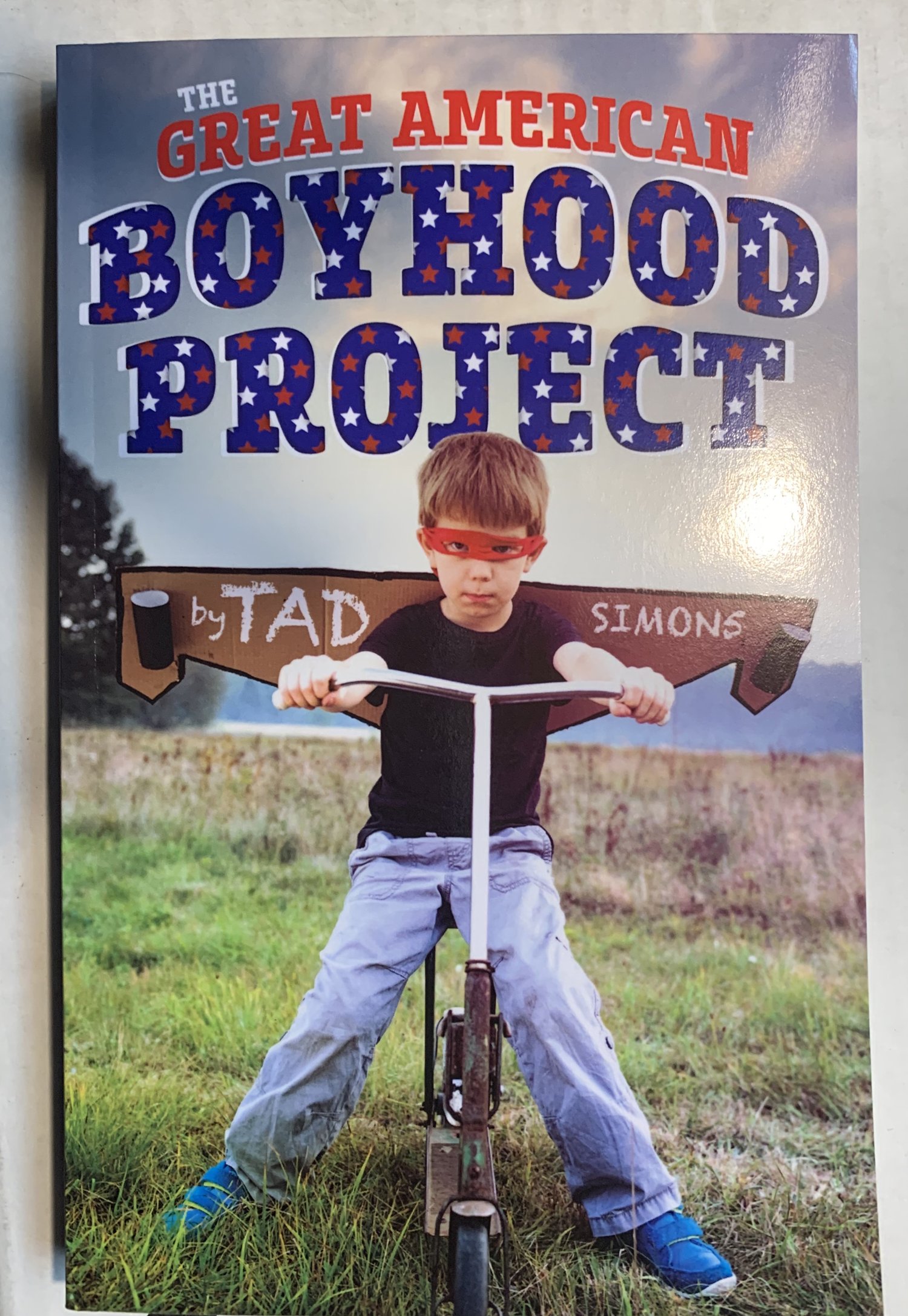One of the challenges of being a writer is that there are no more jobs for writers, just as there are no more jobs for switchboard operators, sages, or people who were once pretty good at ping pong. Many of the jobs writers used to have—journalist, reporter, copywriter, book reviewer, speechwriter, pamphleteer—are now outsourced to robots and millennials, which means the world is crawling with unemployed and unemployable ex-writers who, released from the obligation to entertain and inform people for the sake of a paycheck, are free to write whatever they want.
This is a dangerous situation.
Without the threat of a disapproving corporate overlord to reign in their truth-telling impulses, writers are free to say what they think—and writers who have nothing left to lose are capitalism’s worst nightmare.
When writers start thinking, whole societies can crumble and turn to dust overnight. Trust me, Marx didn’t invent communism because he was happy about his career trajectory. Indeed, wars and bombs and terrorists aren’t the biggest threat to the capitalist house of cards that is modern-day America—it’s a writer who hasn’t quite yet articulated the “idea” that everyone is already sort-of thinking, but is getting pretty close, because his or her livelihood no longer depends on keeping their mouth shut.
The last thing this country needs is more writers with too much time on their hands. Left to their own devices, writers are much more likely to write something meaningful, important, or—more dangerous still—inspired. And then where will we be?
Think of it: A world without wizards and werewolves and vampires; no more stories about fad diets, beauty aids, or celebrities; a sudden absence of information on how to have more powerful orgasms. No more fashion advice, food blogs, or stress-busting workout strategies. No way to find out how to keep your abs hard or turn your closet into a gift-wrapping room. No handy baking tips or advice on how to use all that chard you planted in May.
Instead, imagine the horror of a world filled with even more thoughtful essays on the many ways in which the world is going to shit. What if the only things available to read on the Internet were ten-thousand-word New Yorker stories and long, winding “think” pieces that never get to the point? Do you really want to live in a country awash in exhaustive, in-depth analyses of everything?
I didn’t think so.
As a matter of national security, then, it’s important that we devise new ways for writers to once again be productive, non-disruptive members of society. Otherwise, civilization as we know it may soon come to a deceptively well-written end.
Here are a few suggestions:
Golf Guide: One thing professional golfers have that amateur golfers lack is people analyzing and discussing every shot they make. To solve this problem, well-to-do golfers could hire writers to follow them on the course and record every nuance of their round for posterity. After the round, the golfer would receive a detailed summary and expert analysis of each hole, allowing the golfer to relive the glory of each shot over and over again.
Horoscopist: Most horoscopes are too short, insipid, and general to be of any real use. Why not hire a writer to craft a highly personalized, intensively researched, and only slightly less bogus daily horoscope for your spiritually entertaining pleasure? For an extra ten bucks an hour, most writers are more than willing to shelve their cynicism and write whatever you want, however you want it. Sample prediction: It’s going to be a fabulous day, and you’re the sun at its center!
Likeability Coach: Everyone wishes they were wittier and more charming in social situations. A professional writer can help turn your awkwardness into awesomeness, the same way I just did in the first half of this sentence. Never be at a loss for words again. Better yet, have the right words on the tip of your tongue when you really need them.
Anger Management Consultant: Ever found yourself in a protracted fight with your partner or spouse, and had trouble keeping track of all the arguments swirling in your head about why they’re so wrong and you’re oh-so-right? An Anger Management Consultant can help organize and craft your arguments until each one is a soul-piercing masterpiece of irrefutable truth. With a professional writer on your side, you never have to lose an argument again.
Shopping Helper: These days, it’s hard to keep up with which foods from what company are really organic, free-range, GMO-less, super-natural mega-foods blessed by the Creator himself. But if you employ an out-of-work reporter to walk down the aisle twenty feet in front of you, they can use their phone to do the research you don’t have time for, and help ensure that you’re making the most responsible, planet-friendly buying decisions possible.
Holiday HandyWriter: Most family get-togethers follow familiar and quite predictable patterns of dysfunction. But why go into the holidays unarmed? A much better solution to the annual family drama is to hire a professional writer sometime in October. In a matter of weeks, they can provide you with an entire arsenal of witty, conflict-deflecting retorts tailored to address any possible grievance that might come up. Thus prepared, you can enjoy your holiday gatherings secure in the knowledge that there is no way your family is going to get to you this year—or any year, ever again.
These are just a few of the possible jobs writers could do. And please, feel free to contribute your own ideas.
The most important thing to remember is that, if writers were hired to do these kinds of jobs, they wouldn’t be sitting around trying to figure out how to change “the system” or spark some kind of cockamamie “revolution.” And that’s good news for everyone.

